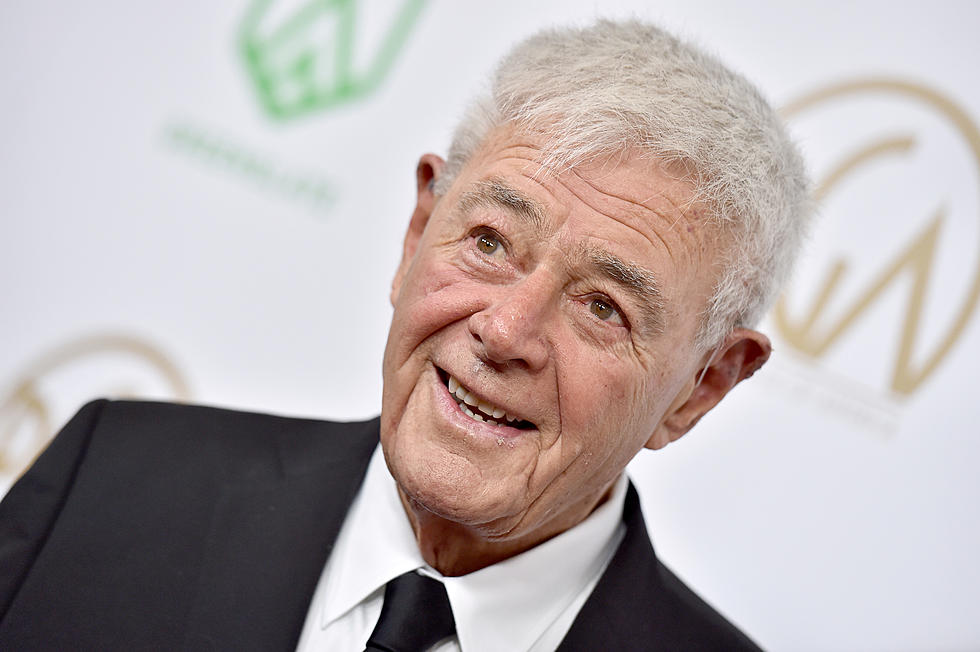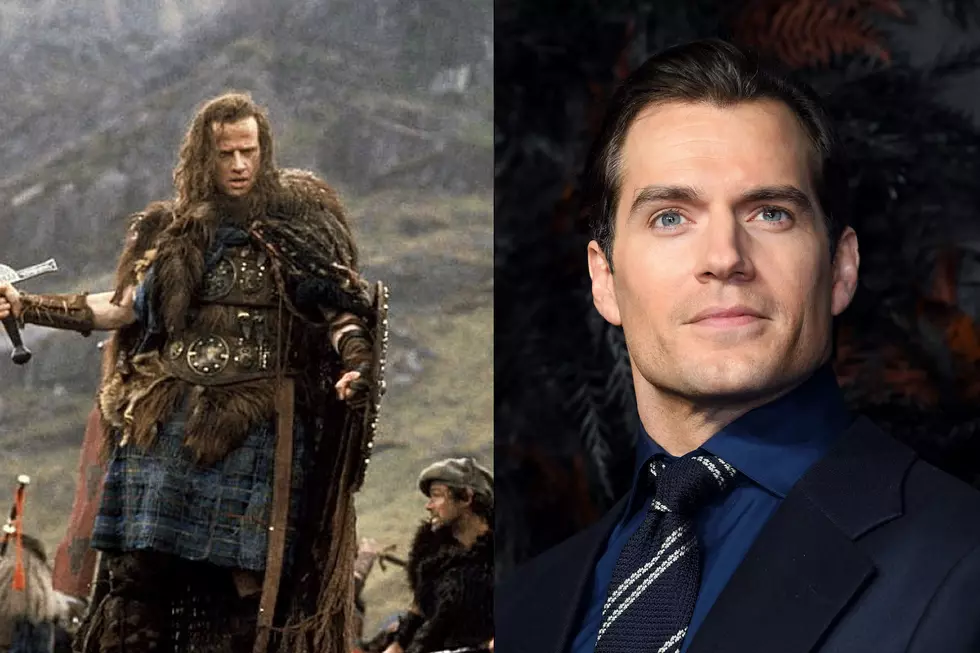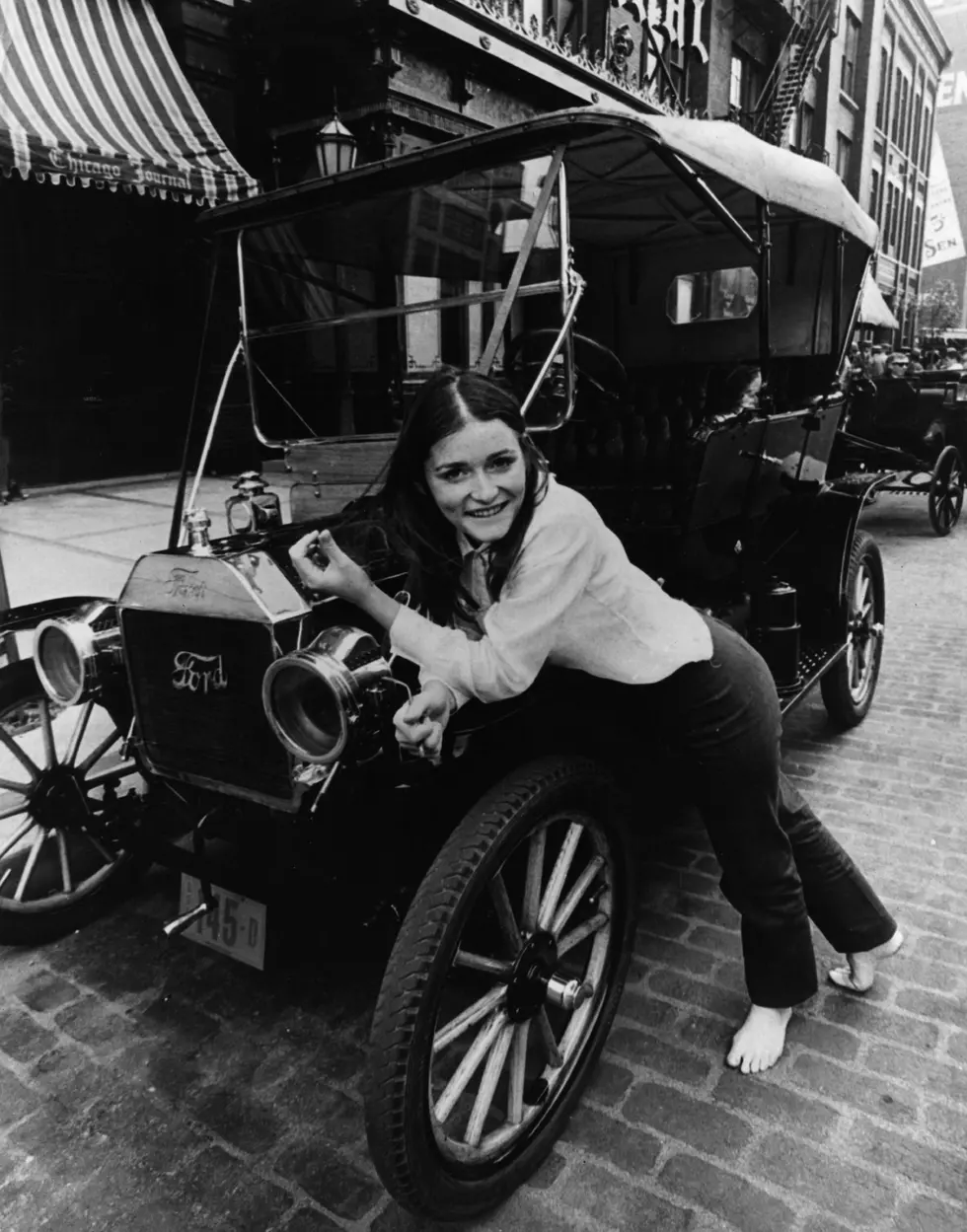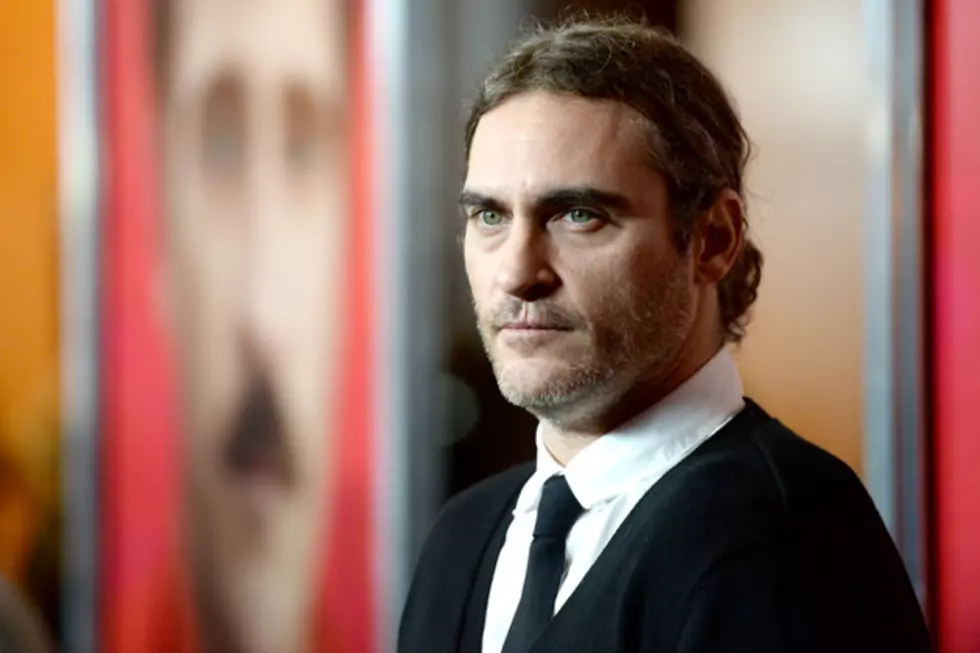
How ‘Captain America: The Winter Soldier’ Succeeds Where ‘Man of Steel’ Failed
Admittedly, I never felt too outraged over the ending of last summer’s ‘Man of Steel.’ (Yes, there will be major spoilers ahead.) The complaints over Superman breaking the neck of his foe were certainly valid – therefore changing the very definition of the character – but it didn’t affect my enjoyment of the film. That changed after seeing ‘Captain America: The Winter Soldier.’
There’s no way this happened except by total coincidence – the script for ‘The Winter Soldier’ was started two years before ‘Man of Steel’ hit theaters – but the endings of both films offer a striking parallel to each other and, now, almost act as a proverbial Exhibit A and Exhibit B on how to respectively stay true and not stay true to a character.
At the end of ‘Man of Steel,’ Superman and Zod have an aerial fistfight through Metropolis that leaves a major part of the city in shambles and resulting in countless off-screen deaths. Superman, for his part, seems oblivious to the destruction that he is partially responsible for causing. The fight culminates when Zod uses his heat vision in the vicinity of innocent bystanders. As the camera closes in on both the faces of Superman and Zod, Superman cries out in anguish as he decides to break Zod’s neck. To be fair, Superman did seem upset that he snapped Zod’s neck, but the end result is that Superman murdered his opponent and one of the only other living Kryptonians.
In ‘Captain America: The Winter Soldier,’ a battle also rages in the sky, between Captain America and The Winter Soldier. Only in this scenario, the fighting remains mostly on a helicarrier above its water-set dock, high above any immediate danger to any civilians. Captain America has already won the fight and has disarmed the helicarrier (which was going to be used to preemptively eradicate any potential threats to the now Hydra controlled S.H.I.E.L.D.), but notices The Winter Soldier is trapped under a fallen beam, falling with the damaged helicarrier to his certain doom.
Not only does Captain America not snap Bucky’s neck, but, instead, he just accepts the beating and refuses to fight back.
The Winter Soldier is, of course, Steve Rogers’ now-brainwashed childhood friend, Bucky Barnes. Like Zod, Bucky represents one of the last vestiges of an era that no longer exists. Putting his own life at risk, Captain America rushes down to the fallen beam and saves Bucky’s life.
Then, something remarkable happens.
Bucky, still the brainwashed Winter Soldier, starts pummeling the everlasting hell out of Captain America. Not only does Captain America not snap Bucky’s neck, but, instead, he just accepts the beating and refuses to fight back. In a poignant moment (about as poignant as things can get in a big budget explosion-filled movie, anyway) Captain America tells Bucky that he vowed to stay with him until the end and even though the situation is different – this is hardly the Bucky he once knew – he’s still going to honor that vow. Captain America gives up as opposed to fighting back.
Okay, sure, the situations are different. A fair point can be made that Zod was about to kill more people (cynically, though, after all the destruction those two just caused, what’s a couple of more deaths, really?) and Superman was trying to stop that from happening. And, yes, Zod isn’t a brainwashed childhood friend of Superman. He’s kind of the opposite, really, and was directly responsible for Superman’s father’s death. Though, Bucky is responsible for Nick Fury’s almost-death and his current assignment is to kill Captain America. So, brainwashed or not, Bucky isn’t some innocent flower though all of this.
Regardless, let’s look at this from an end result standpoint that the writers of each movie decided to leave us with for these two very established characters: Superman snapped the neck of his enemy while Captain America refused to fight back. Superman killed a figure from his past, while Captain America would rather die than break an oath.
When I brought this up to the directors of ‘Captain America: The Winter Soldier,’ Anthony Russo wouldn’t comment directly on what happened in ‘Man of Steel,’ but as far staying true to Captain America, he said, “The second you try to push that character outside of that zone, it’s like hearing an out-of-tune piano. You’re like, no, you can’t do that. It doesn’t work. It’s not him.”
And that’s a fairly apt description for what we saw Superman do in ‘Man of Steel.’ Instead of the sound of Zod’s Kryptonian enhanced cervical vertebra shattering, perhaps the sound of an out-of-tune piano would be more fitting. And it’s Captain America, of all people, who shows just why all of that felt so out of tune.
Mike Ryan is the senior editor of ScreenCrush. You can contact him directly on Twitter.
More From 103.7 The Hawk










